Home/Governance
Social Media Policy Template
£50.00
Most Employees Consider Their Private And Work Lives To Be Separate, But Social Media Has Silently And Effectively Bridged That Gap And Blurred That Distinction.
No matter how “separate” a person’s social accounts may seem to be, there will ultimately be someone, somewhere that will link-up that person to your organisation or firm.
A well-constructed and thought out Social Media Policy (SMP) spells out not only what the firm’s social media definition is but also what is and is not considered relevant or appropriate for employees to post about their company on social networks like Facebook, Google+, Bebo, Twitter and others. Generally, the SMP will state that employees shouldn’t write anything they wouldn’t want flashed across the public domain and across the news and other media. This may include the consequences of posting unflattering information about the other members of staff or the firm and it’s values, processes or procedures. It will also remind employees that anything posted online, even posts marked as private, can, and will, be used against them and their employer, as well as by their employer.
The Online World of today is a very busy and noisy place. It is often forgotten what and how much employees can tell their friends, and the lines of “company confidentiality” are crossed every day on Facebook, Twitter, LinkedIn and others …. You should take control of the who, what, where, when and how …. before your reputation, and profits, suffer.

Increasingly important today is the need to make everyone from owners/director right across to security and domestic staff, need to understand that this could mean anything they post on social media or elsewhere online may reflect on them and the company.
- Protect your firm’s reputation: A well-constructed and thought out Social Media Policy (SMP) spells out not only what the firm’s social media definition is but also what is and is not considered relevant or appropriate for employees to post about their company on social networks like Facebook, Google+, Bebo, Twitter and others. Generally, the SMP will state that employees shouldn’t write anything they wouldn’t want flashed across the public domain and across the news and other media. This may include the consequences of posting unflattering information about the other members of staff or the firm and it’s values, processes or procedures. It will also remind employees that anything posted online, even posts marked as private, can, and will, be used against them and their employer, as well as by their employer.
- Raise awareness of your firm and what it does: The best SMP has more “dos” than “don’ts. ” They will contain clear guidelines to help employees understand ways they can use social media strategy to help achieve increased productivity, better business relationships and their business goals. They also help employees reflect the firm’s values in their online behaviour and explain the best kind of material to share on social networks.
- Outline the firm’s view of confidential or private information: Employees understand and appreciate having clear guidelines about what the firm considers public information about its business and its employees. This should also describe the consequences for sharing company secrets on social networks or other social media, as well as .
- Spell out who in the firm is the official voice: Employees need to know who they should refer online questions about your firm to, so they don’t answer themselves. This then designates a company spokesperson and the circumstances under which he or she must be the person answering questions received from social media, e.g., by journalists or consumer groups.

- Discuss proper ways to engage with others: It may seem like stating the obvious but netiquette is not always clear and it pays reminds employees that they should be polite and agreeable. If they must disagree with someone they should agree to disagree with others on social media because online rows and arguments, the same as inappropriate suggestions, can quickly blow up and go viral.
- Education and training: Show employees what good social media can do for the firm, and the consequences of the bad. Use real-life examples (the internet is full of them) to show them what could happen when people don’t follow the rules or don’t use common sense. This is the ounce of prevention that can save tons of regret and remedial PR.
- Remove any confusion about legal issues:Clearly spell out in the SMP what use in the workplace is acceptable and which is not. Explain the consequences of deviating from the rules and if that includes the “up to and including termination” language say it here. This is no time for equivocation.
Get Your Copy of Our Template Social Media Policy
You must be logged in to post a review.



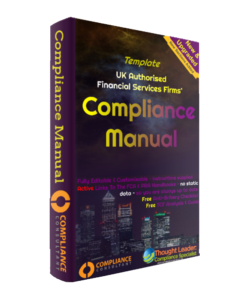

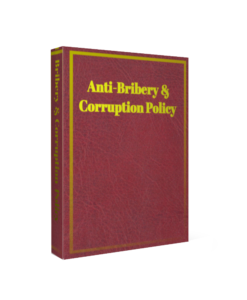


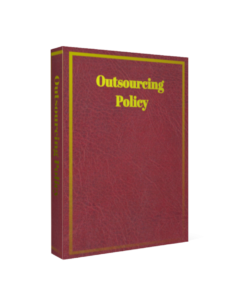
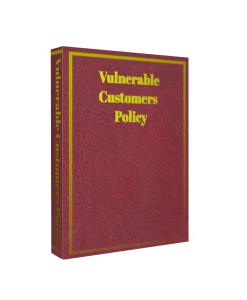

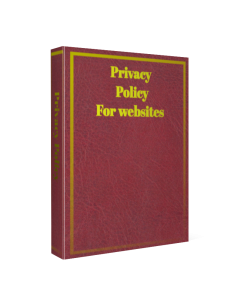

Reviews
There are no reviews yet.